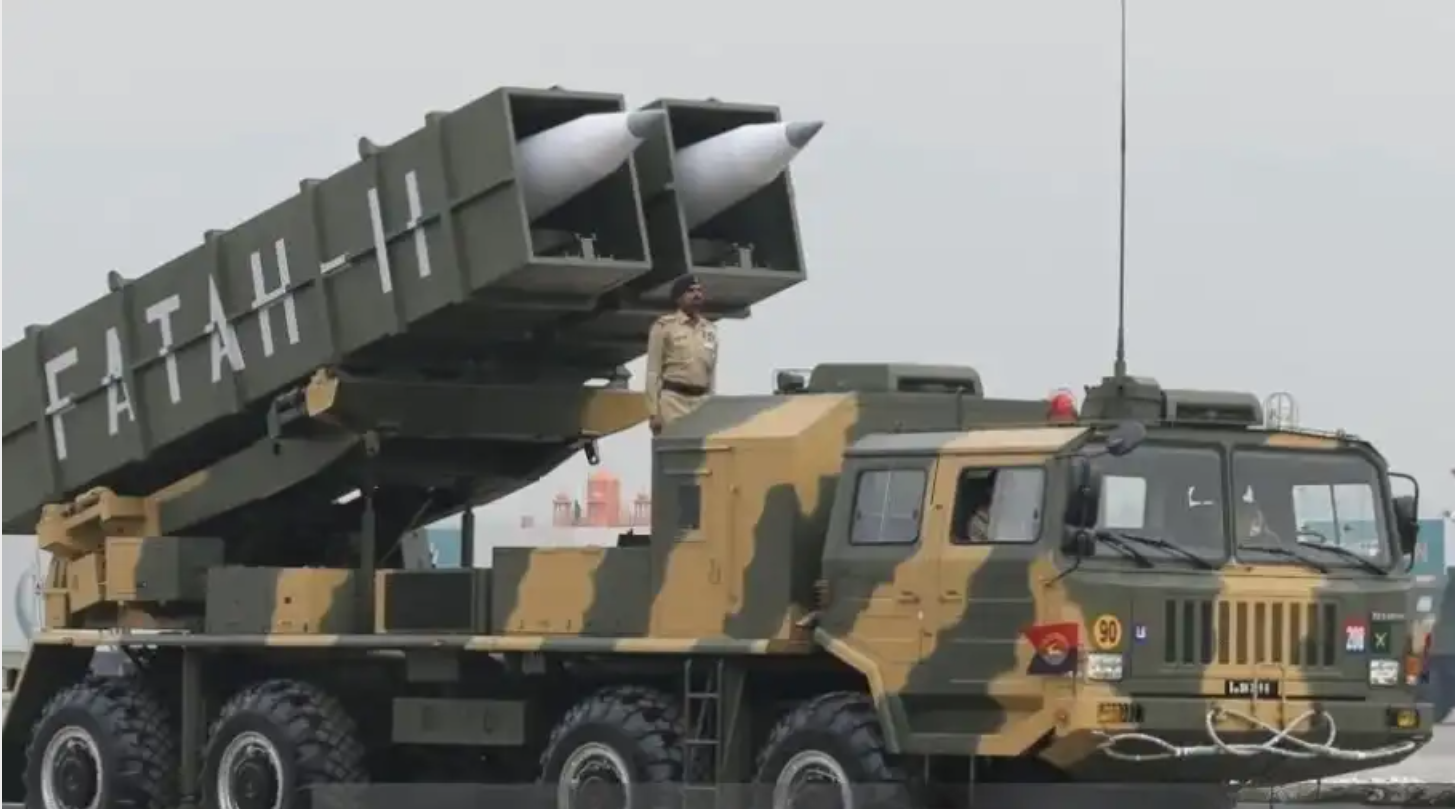Conflict between nuclear powers: Pakistan isolates India in air and water
24 April 23:49
Pakistan announced that it was closing its airspace to Indian-owned or operated airlines, suspending all trade, including through third countries, and halting the issuance of special South Asian visas to Indian citizens. For its part, India has ordered all Pakistani citizens, with the exception of diplomats, to leave the territory by April 29, and announced the closure of the main land border crossing between the two countries and the recall of diplomats.
This was reported by Reuters, according to "Komersant Ukrainian"
Relations between the two nuclear-armed countries, which have already survived three wars, have fallen to their lowest level in recent years.
The day before, India accused Pakistan of supporting the group that killed the tourists. After that, the country announced the closure of a border crossing, restricted the issuance of visas, canceled visas already issued, gave Pakistanis 48 hours to leave the country, and expelled military attaches. The country also announced its withdrawal from the Indus Water Treaty of 1960.
Pakistan said it would exercise its right to suspend the implementation of all bilateral agreements with India until New Delhi stops “fomenting terrorism in Pakistan.”
In addition, Pakistan has threatened that any attempt to stop the supply of water under the 1960 Indus Water Agreement will be considered “an act of war and will be met with the full force of the national power”.
The water agreement, brokered by the World Bank, divided the Indus River and its tributaries between the neighbors and regulated the sharing of water. Pakistan is heavily dependent on water flowing downstream of this river system from India for hydropower and irrigation. Suspending the treaty would allow India to deny Pakistan its share of the water.
What nuclear arsenals do India and Pakistan have?
The Defense Express notes that all three previous open Indo-Pakistani wars of 1947-1949, 1965 and 1971 took place in conditions when neither country had a nuclear weapon. But since India’s first nuclear test in 1974, all armed confrontation between the two countries has been within the framework of low-intensity, territorially limited armed confrontations, with the parties not using the word war. At the same time, Pakistan conducted its first full-scale nuclear test in 1998.
As of 2024, India had a total of 172-180 nuclear weapons, according to SIPRI and FAS, respectively.
As for Pakistan, it has 170 warheads, according to the simultaneous estimates of SIPRI and FAS. But Islamabad has also never disclosed its number. However, in 2023, a statement was made that the country possesses the entire spectrum of nuclear weapons – strategic, operational, and tactical.

Thus, both India and Pakistan have quite substantial nuclear arsenals, and for Islamabad, the use of nuclear weapons was included in the scenario of a possible war with India from the very beginning as the main deterrent to the enemy’s superior forces.









